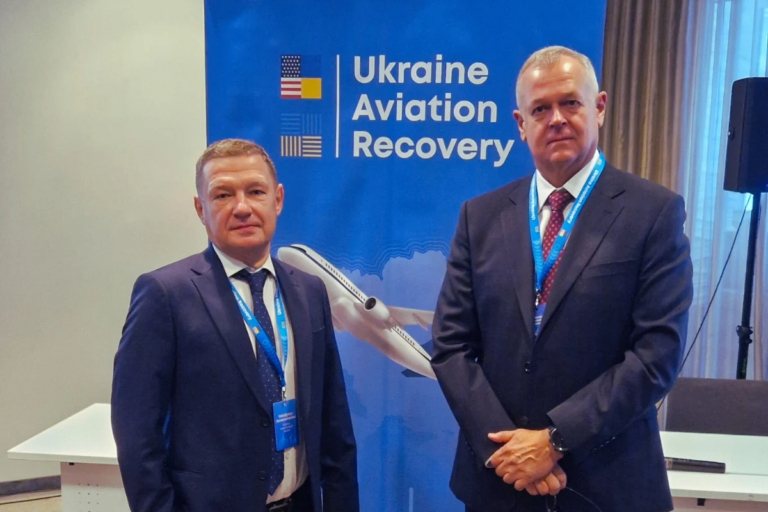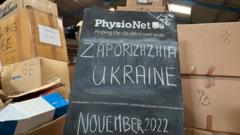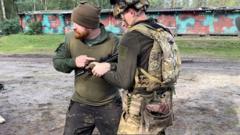MH17 disaster: Dutch take Russia to European rights court

The Dutch government says it is taking Russia to the European Court of Human Rights for its “role in the downing” of Malaysia Airlines flight MH17 in 2014.
Foreign Minister Stef Blok says the “highest priority” is justice for the 298 victims on board the plane shot down over eastern Ukraine.
It happened after Russian-backed rebels seized the area.
Dutch-led investigators say they have proof the Buk missile system that shot down the plane was brought from Russia.
Russia has repeatedly denied involvement in the attack.
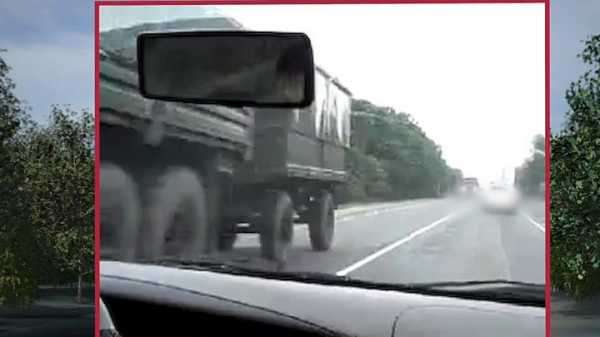
Citizens of 10 different countries died on board the Boeing 777 airliner that was flying from Amsterdam to Kuala Lumpur, Malaysia. More than two-thirds of the victims were Dutch nationals.
In March, a trial opened in the Netherlands of three Russian and one Ukrainian citizens – still at large – for the murder of 298 people on board the plane. They are all linked to the pro-Moscow separatists.
The trial, in a court near Amsterdam’s Schiphol airport, is expected to last for months.
In a statement, the Dutch foreign ministry said the government “decided to bring Russia before the European Court of Human Rights for its role in the downing of Flight MH17”.
It said that “by taking this course of action the government is offering maximum support” to individual cases already brought against Russia by victims’ families.
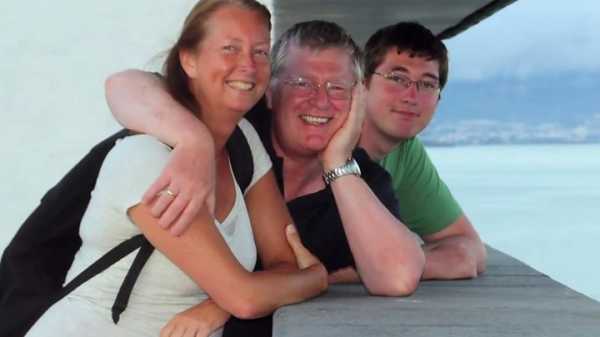
“Achieving justice for 298 victims of the downing of Flight MH17 is and will remain the government’s highest priority,” said Mr Blok.
“By taking this step today… we are moving closer to this goal,” he added.
At the same time, the Dutch foreign ministry stressed on the “importance to continuing the meetings with Russia on the matter of state responsibility”.
Russia has so far made no official comments on the latest Dutch move.
Although Moscow argues it has long offered to co-operate with the Dutch-led investigators, it has also presented several versions of what brought down MH17.
Dutch officials asked Russia to submit any information they had, but said at one point that the information it had provided was “factually inaccurate on several points”.
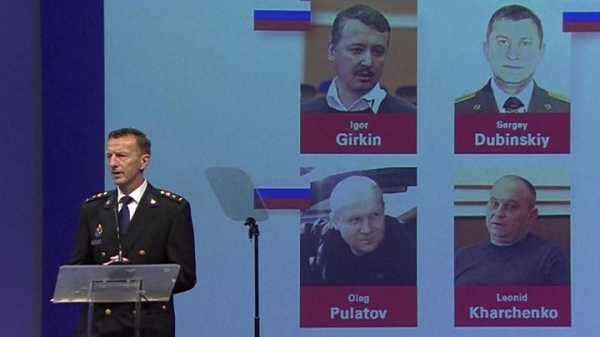
Late last year, Russia was asked by Dutch prosecutors to arrest a Ukrainian suspect alleged to have run rebel air defences close to the missile firing site. Instead, according to prosecutors, Russia deliberately allowed him to travel to eastern Ukraine.
The Dutch and Australian governments made clear in 2018 they held Russia responsible for the deployment of the Buk missile launcher that brought down the plane.
